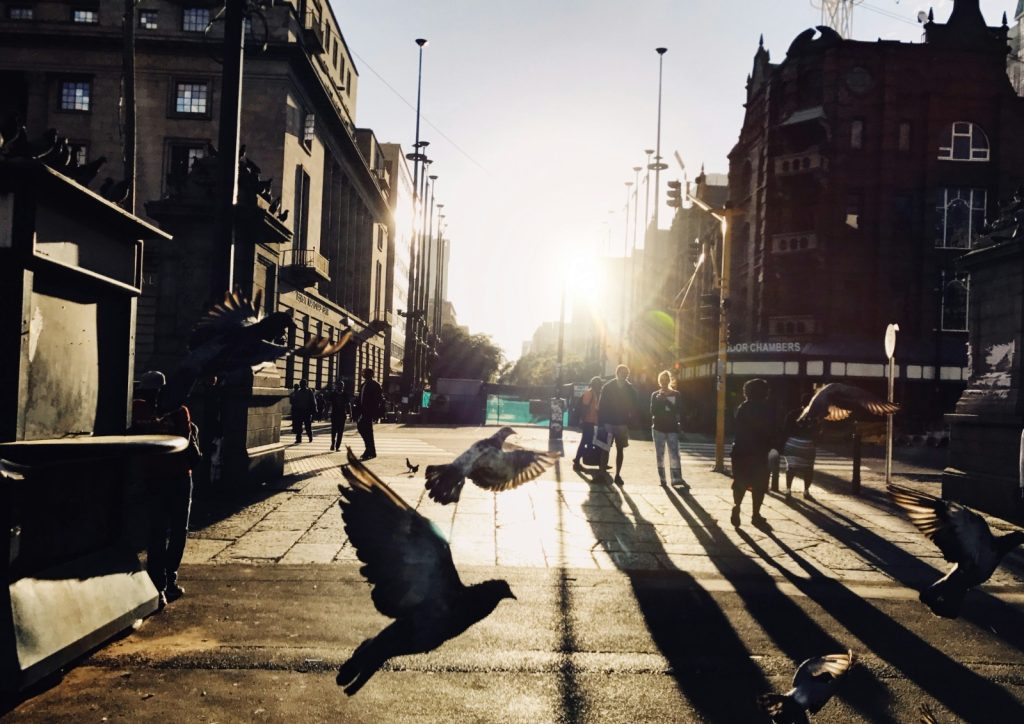
South Africa offers a variety of immigration options, but navigating the application process with the Department of Home Affairs can be challenging. This article deals with challenges some may have encountered through their immigration journey, specifically focusing on “v-listing” or the “visa restricted list” through overstays and bans and talks to how one can legalise their status in South Africa.
What happens if you overstay your visa?
If you have remained in South Africa on an expired visa for whatever reason you will receive a ban upon departure. This may be referred to as an “overstay ban”, a “Code K” or being declared an “undesirable person”.
An overstay will be detected on the movement control system at the border point, which is non-discretionary and automatic. Therefore, the only way to have an overstay ban lifted is by submitting an appeal after the fact. You may appeal this ban within 10 days of the date of the overstay ban, by demonstrating a valid reason for the overstay.
Unfortunately, while the outcome of an appeal is pending, you will not be allowed to apply for a new visa or re-enter South Africa.
What if you overstayed your visa, but didn’t leave South Africa?
If you are in South Africa and your visa has expired, you may make an authorisation application to legalise your stay from within the country. This is commonly referred to as a “letter of good cause”. An authorisation application is complex as it requires that the applicant demonstrate exceptional circumstances for failing to timeously renew the previous visa and prove an ability to apply for a new visa immediately.
This process can take a long time as you will only be able to apply for a new visa once the authorisation application has been approved. You will have to remain in South Africa for the duration of the authorisation and subsequent visa application processing times.
What are prohibited persons?
The Immigration Act outlines several scenarios whereby a person may be declared “prohibited”, also commonly referred to as “Code J”. The most common of these are instances where a person has been deported or found to be using a fraudulent travel document, visa or permit.
Other reasons for being declared prohibited include:
- Having an outstanding warrant or a conviction in respect of genocide, terrorism, human smuggling, trafficking in persons, murder, torture, drug-related charges, money laundering or kidnapping; and
- Being or having previous been a member of an organization advocating the practice of racial hatred, social violence, or which utilises crime or terrorism to pursue its ends.
Contrary to an overstay ban, a person may be declared prohibited within South Africa if they are found to fall within any of the categories listed above. Being declared a “prohibited person” carries an indefinite ban, unless overturned through an appeal which is made to the Director-General of Home Affairs. The law requires that you show “good cause” for removal from the ban list, but the Department has very strict requirements. Due to the complexity of these appeals, we highly recommend approaching an attorney for assistance.
Persons that have previously been deported from South Africa must apply to be rehabilitated, after four years, to overturn their prohibited status.
What are you rights in terms of negative outcomes from the Department of Home Affairs?
In terms of the Immigration Act, the Department of Home Affairs must inform you, in writing, of any decision that may materially and adversely affect your rights. In turn, any negative outcome or decision taken by the Department is subject to the right of appeal. Internally, the Department has two stages of appeal. If unsuccessful at both stages, litigation in the High Court is the next available option.
More broadly, all applicants are entitled to administrative action that is reasonable, and procedurally unfair, which includes reasonable processing times. High Court litigation is an excellent avenue to compel the Department of Home Affairs to reach an outcome on long pending applications.
Get in touch with Lee and Truter Attorneys if you need help with your status legalisation in South Africa.
